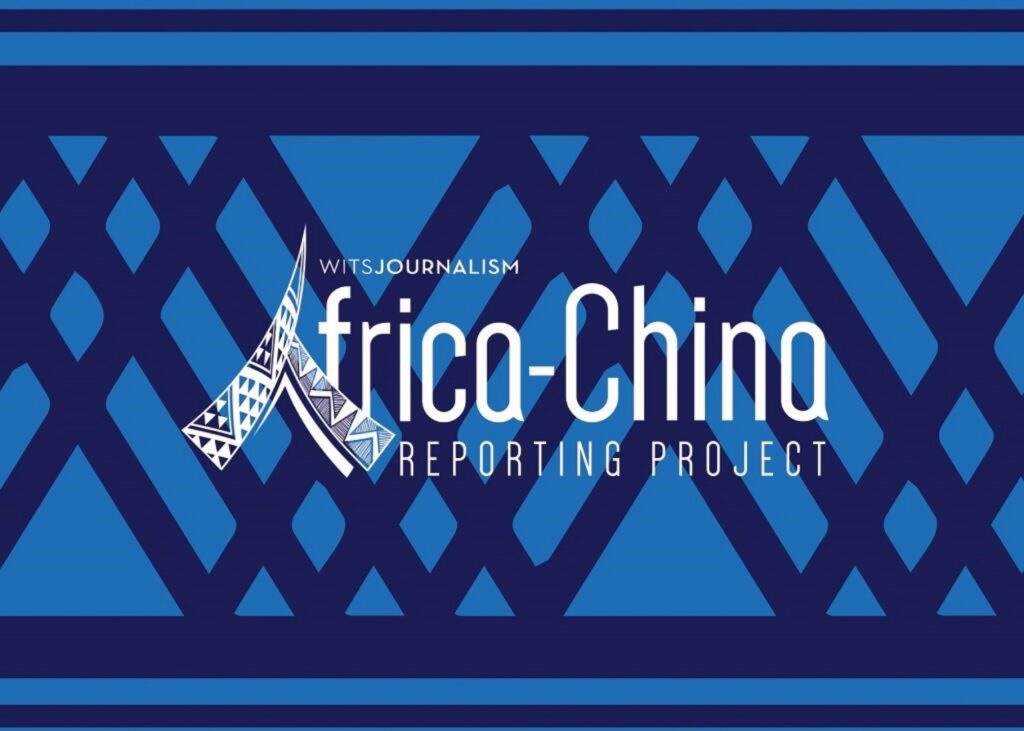Deadline: July 9, 2021
Applications are open for the ACRP/PIN Reporting Grants and Workshop on Digital Identity, Data & Technology in Nigeria 2021. The Africa-China Reporting Project (ACRP) at Wits Journalism in Johannesburg and Paradigm Initiative (PIN) based in Nigeria (with offices around Africa), invite all journalists based in Nigeria to submit proposals for reporting grants and workshop participation.
Successful applicants will be provided with a reporting grant of US$1,000 and will also participate in a Digital Identity Training Workshop in Abuja, Nigeria on 9-12 August 2021 to investigate issues related to digital identification, data privacy, and technology in Nigeria and West Africa. The workshop will also feature participation in PIN’s Digital Rights Academy 2021.
Eligibility
- Open to journalists based in Nigeria only.
Potential Issues to be Investigated
The following themes can guide journalists to identify specific topics for investigating issues around digital identity in the Nigerian/West African context:
- Regional, national and community government-issued IDs (e.g. plans/promises, purposes/rationales, best practices and challenges, public reactions and experiences, lessons for and application in African countries)
- Private sector data practices (e.g. industry approaches to data protection, consent, privacy policies, cyber security, data sharing, Know-Your-Customer requirements, technology innovations, compliance with regulation, breaches, penalties and positive incentives)
- Governance, regulations, transparency, and accountability (e.g. privacy and data protection laws, CCTV/surveillance laws, standards, codes of conduct, independent oversight at regional or continent-wide levels, grievance processes, procurement processes, litigation, budgets, public engagement, access and representation, data bill of rights, data trusts)
- Technology innovations and start-up companies (e.g. privacy-by-design approach; “reg tech”; the promise of blockchain; the implications of biometrics, “adtech”; privacy-protecting tools; encryption; identities traded on the dark web; de-identification; open-source code; the benefits and unintended consequences of how technology is used or consumed; ethical uses of technology and data; social credit scoring algorithms; artificial intelligence to sharpen identification; hacking; locally developed solutions; futuristic technologies not yet on the market that digitally identify people)
- Foreign partnerships and investors (e.g. private companies’ data collection, data localization, African perspectives on such collaborations, technology transfers, adoption of systems first piloted outside of Africa, Chinese firms’ AI-based identification systems drawing on CCTV and government ID databases)
- Development and security agendas and human rights (e.g. data for good, inclusion, discrimination-by-design, IDs for migrants and refugees, citizenship/immigration issues, humanitarian crises, links to poverty alleviation and youth empowerment, African perspectives on the freedoms enabled or put at risk by a digital identity)
- Risks and harms (e.g. use of identity information that results in surveillance, exclusion, manipulation, discrimination, oppression, violence, financial loss and reputation issues, distrust and power imbalances)
- Trends and research (e.g. emerging issues and use cases across communities, rise of self-asserted IDs, customer preferences, trust in institutions, breaches and identity theft, fraud, technology failure)
- Privacy and user control (e.g. an African perspective on privacy, privacy as a fundamental right/public good vs. fee-based service, consumer rights, the commercialisation of our identities, treating African data as an African resource, experiences with data ownership, Africa-based data agents/fiduciaries)
Application
Applications must be sent to [email protected] by no later than July 9, 2021 and should contain the following (only documents in MS Word or PDF formats will be accepted):
- Applicant CV
- Brief proposal outlining (a) story to be investigated with clear headline and explanation of story relevance and significance, (b) investigation methodology, (c) proposed publication/platform, and (d) itemised budget totalling no more than USD $1,000
- List of previously published relevant reporting, if any.
For more information, visit ACRP/PIN Grants.

